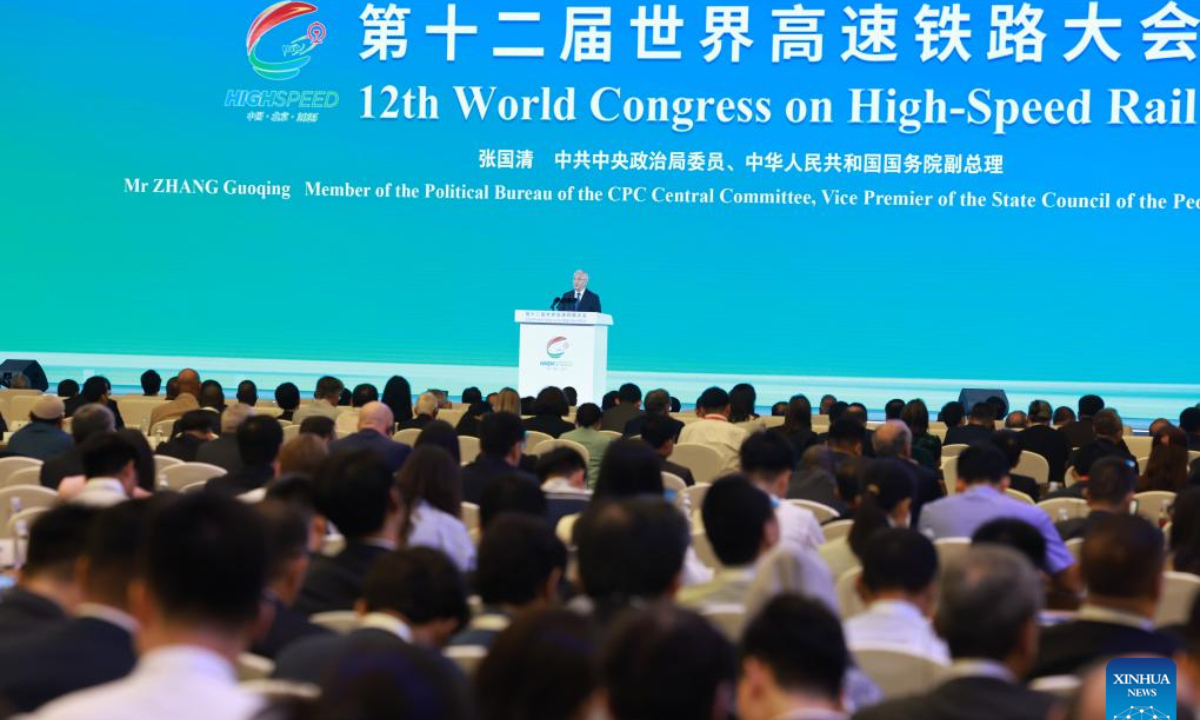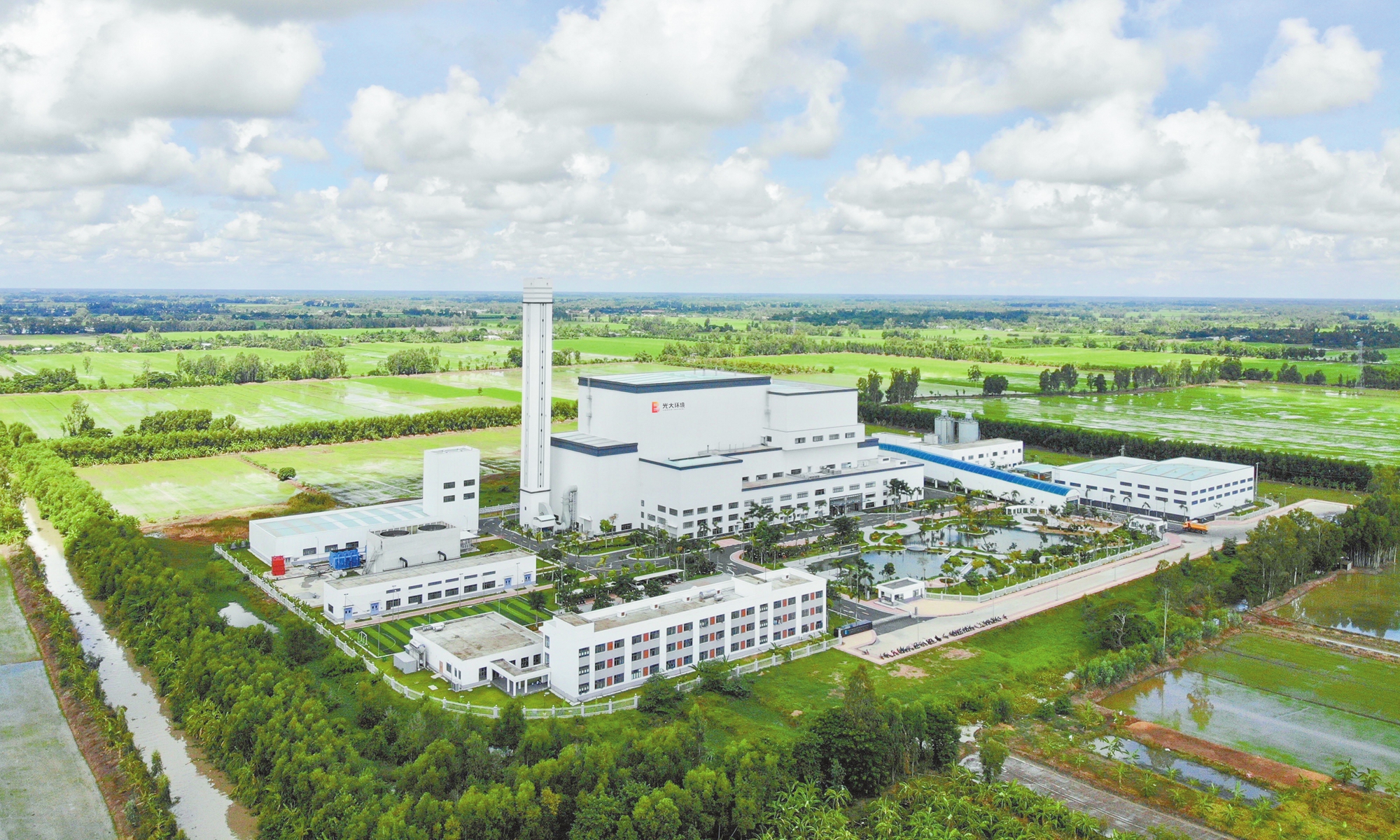China to Share High-Speed Rail Expertise Globally, Says Deputy Premier

China is poised to significantly boost its contribution to the global high-speed rail sector, according to Deputy Premier Zhang Guoqing. Speaking on Tuesday, Zhang outlined Beijing's commitment to sharing its extensive experience, cutting-edge technology, and innovative solutions with countries worldwide. This pledge comes as nations increasingly look to high-speed rail as a sustainable and efficient transport solution.
Zhang emphasized that China’s approach will be rooted in the principles of “extensive consultation, joint contribution, and shared benefits,” a hallmark of China’s international cooperation strategy. This suggests a collaborative model where participating nations will be actively involved in the planning, implementation, and benefit-sharing of high-speed rail projects.
A Global Leader in High-Speed Rail
China's high-speed rail network is the largest in the world, spanning over 40,000 kilometers (24,855 miles) and connecting major cities across the country. This unparalleled experience has yielded a wealth of technological advancements, operational efficiencies, and project management expertise.
“China’s high-speed rail development has not only transformed domestic transportation but also offers valuable lessons and potential solutions for other nations facing similar challenges,” stated a government spokesperson following Zhang's remarks. “We are eager to work with partners around the globe to build a more interconnected and efficient transportation infrastructure.”
Beyond Technology: A Focus on Collaboration
The offer extends beyond simply providing technology. China is keen to engage in collaborative research and development, knowledge transfer, and training programs to ensure that partner countries can effectively operate and maintain their high-speed rail systems. This holistic approach is designed to foster long-term sustainability and maximize the benefits of high-speed rail for all involved.
Potential Benefits and Challenges
The prospect of Chinese involvement in global high-speed rail projects has generated both excitement and scrutiny. Proponents highlight the potential for increased connectivity, economic growth, and reduced carbon emissions. However, concerns have also been raised regarding intellectual property protection, debt sustainability, and potential geopolitical implications. Careful consideration of these factors will be essential to ensure the success and equitable distribution of benefits from these projects.
China's willingness to share its high-speed rail expertise represents a significant opportunity for countries seeking to modernize their transportation infrastructure and unlock new economic possibilities. As global demand for efficient and sustainable transportation solutions continues to grow, China's role in shaping the future of high-speed rail is likely to become even more prominent. The emphasis on collaboration and shared benefits will be key to navigating the challenges and realizing the full potential of this transformative technology.






